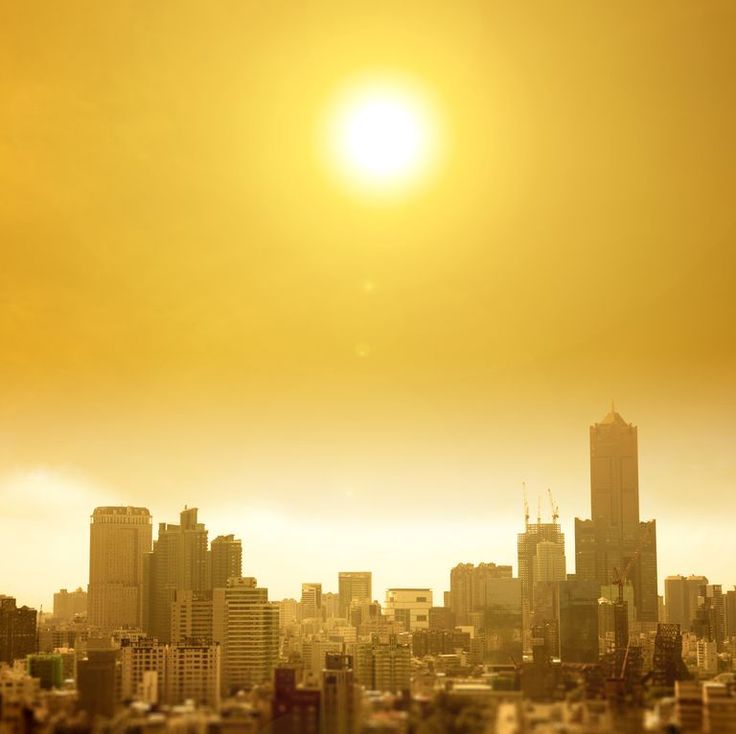Heat waves in the United States are becoming more frequent and more intense. In the last few years cities across the country have seen record-breaking temperatures that last for days or even weeks. While the health effects of extreme heat are well known what many people do not realize is how much stress this kind of weather puts on the national electric system.
When temperatures soar millions of people turn up their air conditioners at the same time. This sudden spike in electricity demand can overwhelm the grid especially during the late afternoon and early evening when the sun is still strong but people are also returning home and using appliances. If the system is already operating near capacity this extra pressure can lead to brownouts or even blackouts in some regions.
Another issue is that heat affects the efficiency of power plants and transmission lines. When it is extriemely hot gas and coal plants have to work harder to stay cool and may produce less electricity. The same happens with solar panels which can become less efficient at very high temperatures. Even the power lines themselves carry less current when the air is hotter which means energy delivery slows down right when demand is peaking.
To deal with this stress utility companies sometimes issue alerts or planned outages to avoid a full collapse of the grid. They might ask businesses to reduce usage or temporarily interrupt service in certain areas. This can have economic consequences especially for commercial operations that depend heavily on stable power.
Experts say the U.S. grid needs more investment in modernization to handle the rising threat of extreme heat. That includes upgrading infrastructure expanding battery storage improving demand response programs and increasing reliance on clean energy sources that are more resilient. Without those changes heat waves will continue to put the system at risk.
As climate patterns change the link between extreme weather and energy reliability becomes even more important. Customers businesses and policymakers all have a role to play in strengthening the grid and reducing strain during future heat emergencies.


